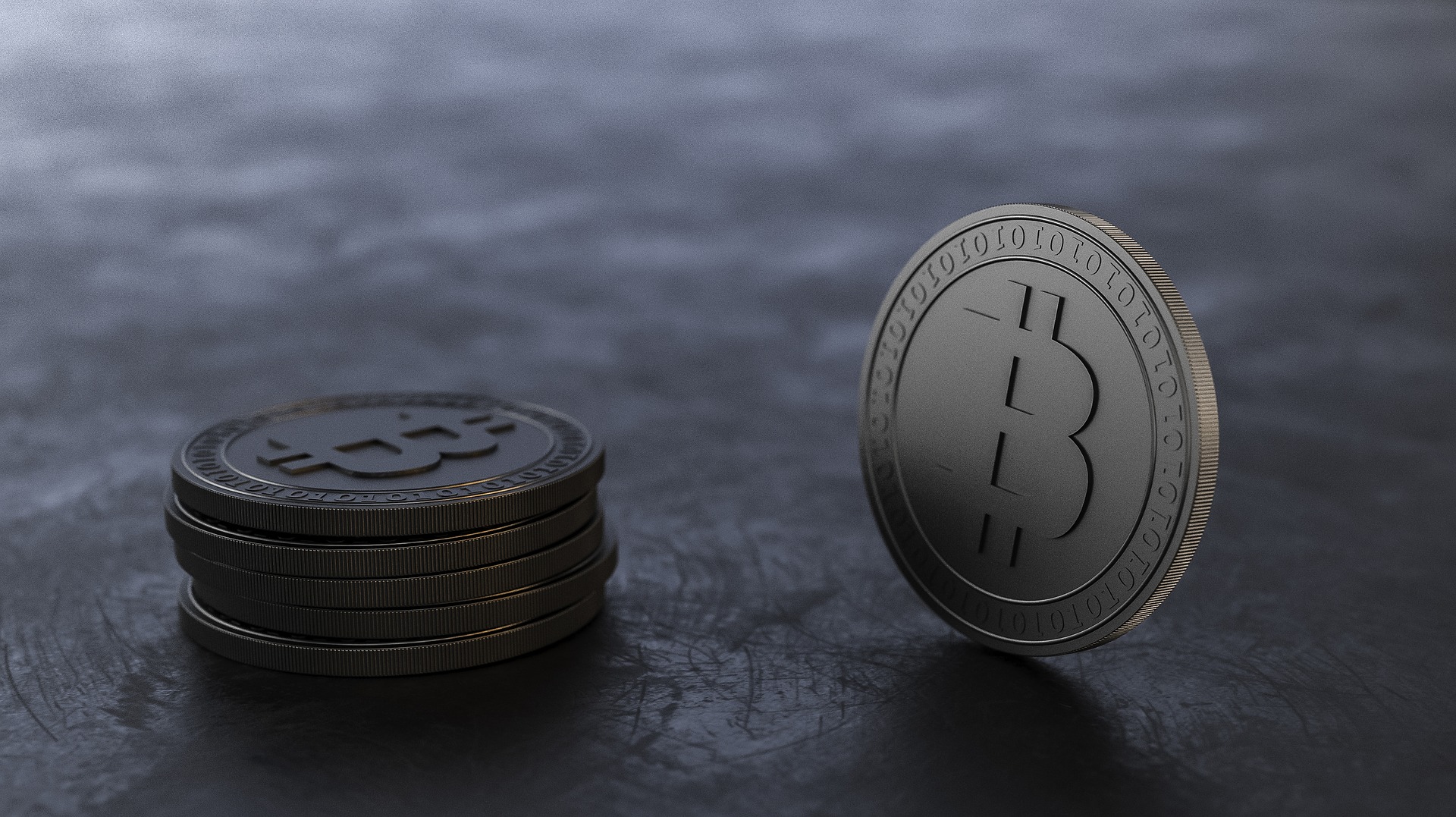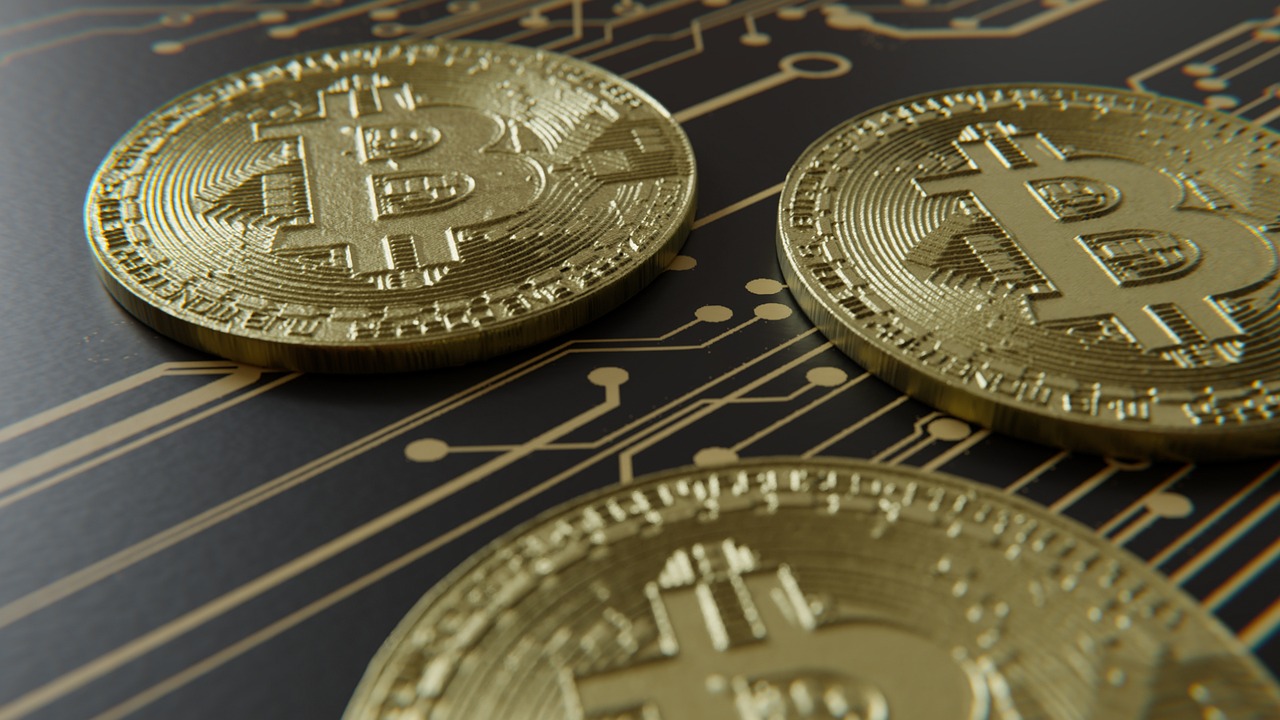Money & the Debate of Intrinsic Value

I can remember five years ago when I first heard of bitcoin. I read through the bitcoin white paper written by Satoshi Nakamoto. That’s not his real name. It’s a pseudonym. I think he was smart not to publicize his own name. It’s allowed us to focus on the technology, not a story which could be spun by the media. In this white paper, Nakamoto lays out a framework for how to manage a de-centralized ledger he calls the “Blockchain.” Blockchain technology could have many applications, but it’s first is implemented in the bitcoin platform.
Every cryptocurrency has its own intrinsic value. Intrinsic value and money have been an argument going on for millennia. Does the U.S. Dollar have intrinsic value? Does gold have intrinsic value or is it a “barbarous relic?”
Let’s start with bitcoin. It’s the first and largest market capitalized cryptocurrency, which makes it the most liquid. The intrinsic value of cryptocurrency is that it’s a de-centralized currency — no third party or “trusted” surrogate has the potential to dilute your purchasing power. No third party is charging you tons of fees at every stage of the transaction. There’s much less friction in each transaction.
Bitcoin has intrinsic value because the money itself is a technology that allows for a store of value, a medium of exchange and ultimately a unit of account. The bitcoin platform itself provides the mechanisms for storage and transportation, and trading of value without the need of any other third party. As we’ll find, that’s a lot of intrinsic value, because no other money scheme provides that — not the U.S. Dollar, not any fiat currency, and not gold.
Finally, if you want to see where and how blockchain technology is going to transform and disrupt most of the mainstream industries, read this.

Store of Value — Cryptocurrency vs. Fiat Money
If you think about what lies ahead for all developed countries, it all revolves around too much public debt. Whether its Europe with its 89% Debt to GDP or the United States with its 104% Debt to GDP or even Japan with its 250% Debt to GDP all developed countries have amassed huge debt. It’s going to take drastic fiscal policy, which is always politically difficult to push through, to resolve the debt issue. Added to the problem is the fact that most developed countries are fighting against aging demographics.
All of these factors point to the fact that world reserve currencies, like the Yen or the U.S. Dollar, are going to get diluted through quantitative easing, money printing and other monetary policies. Or worse, massive deflation will happen if debt cannot be serviced, and massive amounts of money will get written off and go to money heaven. This bolsters the argument for storing purchasing power in a decentralized currency like bitcoin.
Medium of Exchange — Cryptocurrency vs. National Fiat Money
As for medium of exchange, there are many cryptocurrencies vying to provide this service. Bitcoin is primarily looking to be a store of value, not a medium of exchange. That may change with the coming Lightning Network, which will provide off-chain scalability and speed for transactions with low fees.
Many other cryptocurrencies are looking to become the medium of exchange. Dash, Zcash, Monero, Bcash and others are all competing to become the dominant player for digital cash and transactions. They all have the potential to beat out fiat paper money in many ways. ACH payments can take 3–7 business days to settle. Fees and remittance services are high. Paper money only settles during business days/hours. It’s because the entire money system is based on paper.
Cryptocurrencies as digital money solves all that. Cryptocurrencies can be transmitted 24/7 and can be settled in minutes. Fees are 1/10th that of their paper ancestors. They solve so many problems that paper money just can’t address. While we’re in the early stages, cryptocurrency networks are being built out to scale, and in the coming 1–2 years, will rival the scale for ACH and Visa, in terms of processing transactions per second.

Unit of Account — Early Stages
If you want a window into what can happen for developed countries without a large debt load, look no further than what is happening today in Venezuela, Argentina and Zimbabwe. As each of their respective national currencies experience hyperinflation, vendors and consumers have moved to seeing the value of bitcoin. You can see the people are turning to bitcoin in Venezuela. They do their own internal calculus to see what’s the safest way to maintain their wealth and purchasing power. They will take the volatility of bitcoin over the baked-in-inflation of their national currency. It’s so bad in Zimbabwe, there’s an 85% premium on local exchanges for bitcoin. People are losing purchasing power by the day because of 1,000% to 10,000% inflation. People will look for alternatives and bitcoin seems to be solving the problem at the economy level. People are able to transact with a currency that makes more sense than the national currency which is experiencing systemic erosion of purchasing power. A couple years ago, Argentina was also experiencing inflation and people turned to bitcoin.
I’m not saying bitcoin should be the main global currency. I am saying that alternative currencies help keep national currencies honest. And when turmoil happens in a country’s monetary system like Venezuela, there is now an alternative that never existed before. Bitcoin is a self-contained system for storing and transferring value — and that is its intrinsic value.
Disclaimer: The above references an opinion and is for information purposes only. It is not intended to be investment advice. Please do your own homework.
If you enjoyed this article, like it to help others find it! For more, join us on Facebook and Twitter and if you want to receive the latest weekly updates on Investing, Entrepreneurship & Personal Finance, feel free to subscribe to our NEWSLETTER.
Hi! I am a robot. I just upvoted you! I found similar content that readers might be interested in:
https://medium.com/@jake_ryan/money-the-debate-of-intrinsic-value-49985a56982